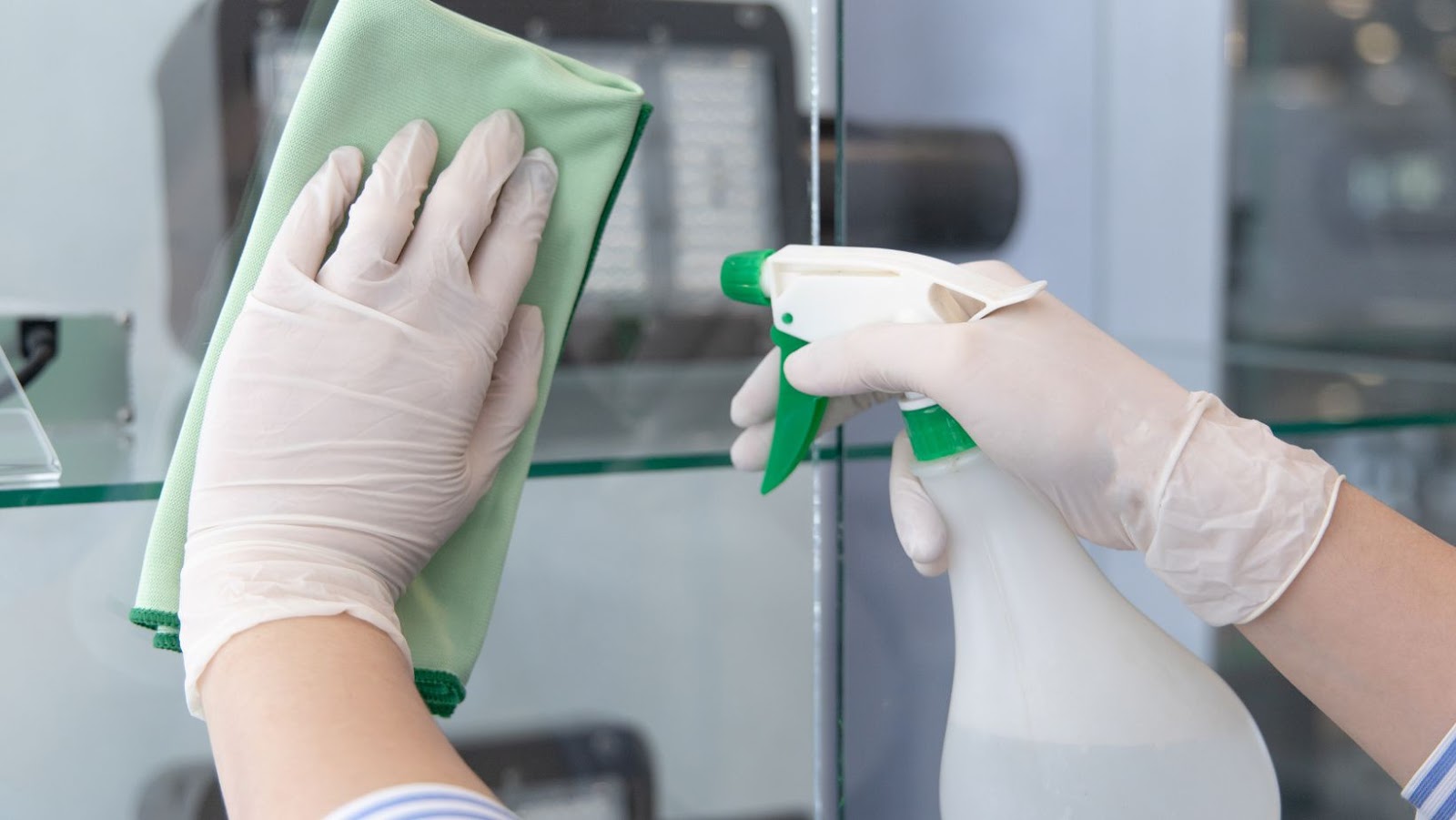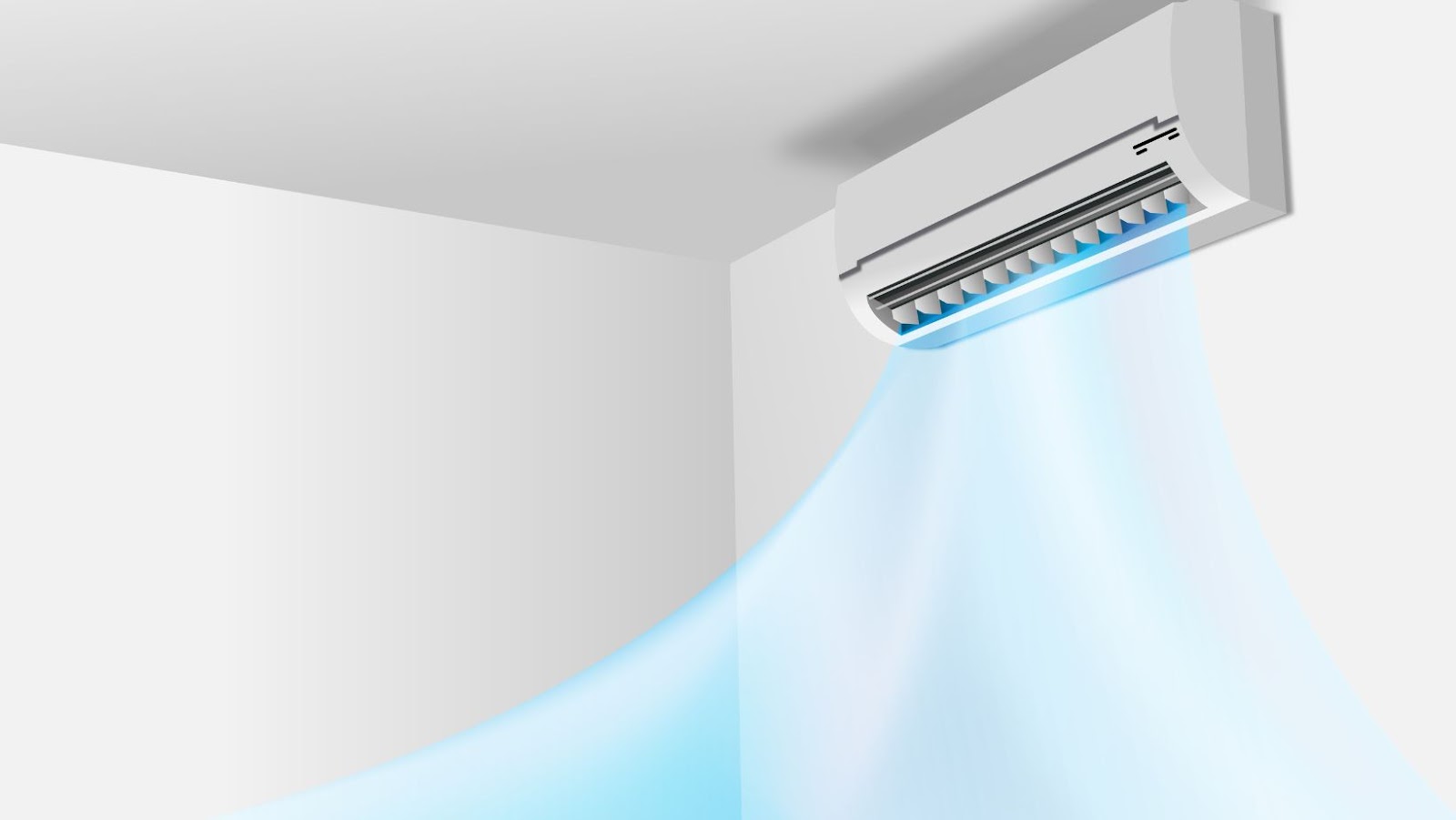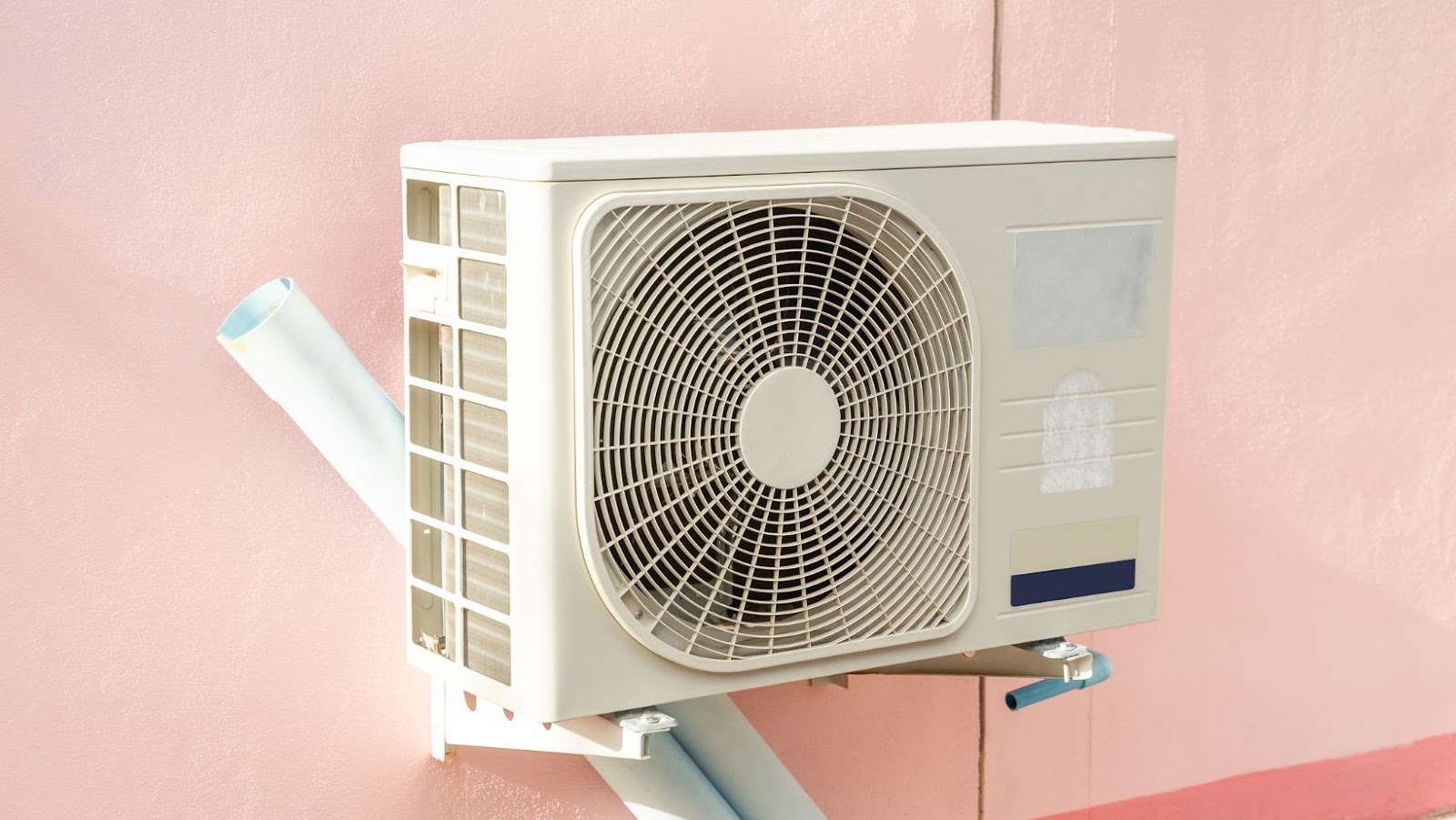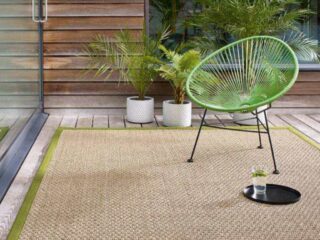
HVAC (Heating, Ventilation, and Air Conditioning) systems are essential for creating a comfortable living environment in your home. In addition to providing cooling and warmth, HVAC systems can help improve indoor air quality by filtering out allergens, pollutants, and other harmful particles, ensuring you breathe cleaner air inside your home. HVAC systems also can regulate the humidity levels inside your home, helping to prevent moisture damage to your furniture, walls, and floors.
How to Boost the Quality of Air Inside Your Home
Regularly clean your home to remove dust, dirt, and other particles contributing to poor indoor air quality. Ensure that your home has proper ventilation, especially in areas like the kitchen and the bathrooms, where moisture and pollutants may accumulate. Smoking indoors can contribute greatly to poor indoor air quality. Regularly groom your pets to reduce the amount of pet hair, dander, and other allergens in the air.

Certain indoor plants, such as spider plants, peace lilies, and English ivy, can help remove pollutants from the air. Avoid using air fresheners containing synthetic fragrances and opt for natural alternatives, such as essential oils or herbs. Test your home for radon, a radioactive gas that can enter homes through the ground, to ensure that levels are not harmful to your health. High humidity levels can lead to mold growth, which worsens indoor air quality. By using a dehumidifier, you can control the humidity levels indoors. A leading Pensacola HVAC contractor recommends using air purifiers with HEPA filters to remove airborne particles from your home.
Follow the map
What to Do to Keep Your HVAC System Operating Optimally
Change the Air Filter Regularly
The air filter helps keep your HVAC system clean by trapping dust and other particles. It’s important to clean or change it regularly, usually every 1-3 months, depending on usage and the environment, to keep your system running efficiently. According to the EPA, HVAC filters can help reduce airborne pollutants indoors.
Keep the Outdoor Unit Clean
The outdoor unit of your HVAC system can collect debris, such as leaves and branches, which can obstruct the airflow. Clear debris around the unit and clean the fins with a soft brush or cloth to maintain airflow. Schedule regular maintenance: You should arrange for an inspection and servicing of your

HVAC systems by a professional technician at least once a year to identify and fix any issues before they become problems. Keep the area around the indoor unit clean: Keep the area around the unit clean and clutter-free to help maintain proper airflow.
Check for Air Leaks
Make sure there are no leaks in your ductwork or around your windows and doors. Leaks can allow air to escape and reduce the efficiency of your HVAC system. Monitor your energy bills: Keep an eye on your energy bills and look for any sudden increases. It could be a sign your HVAC system is not running efficiently and may need maintenance or repair.
Conclusion
A properly functioning HVAC system can improve indoor air quality, keep you and your family comfortable all year round, and help you save money on energy bills.





